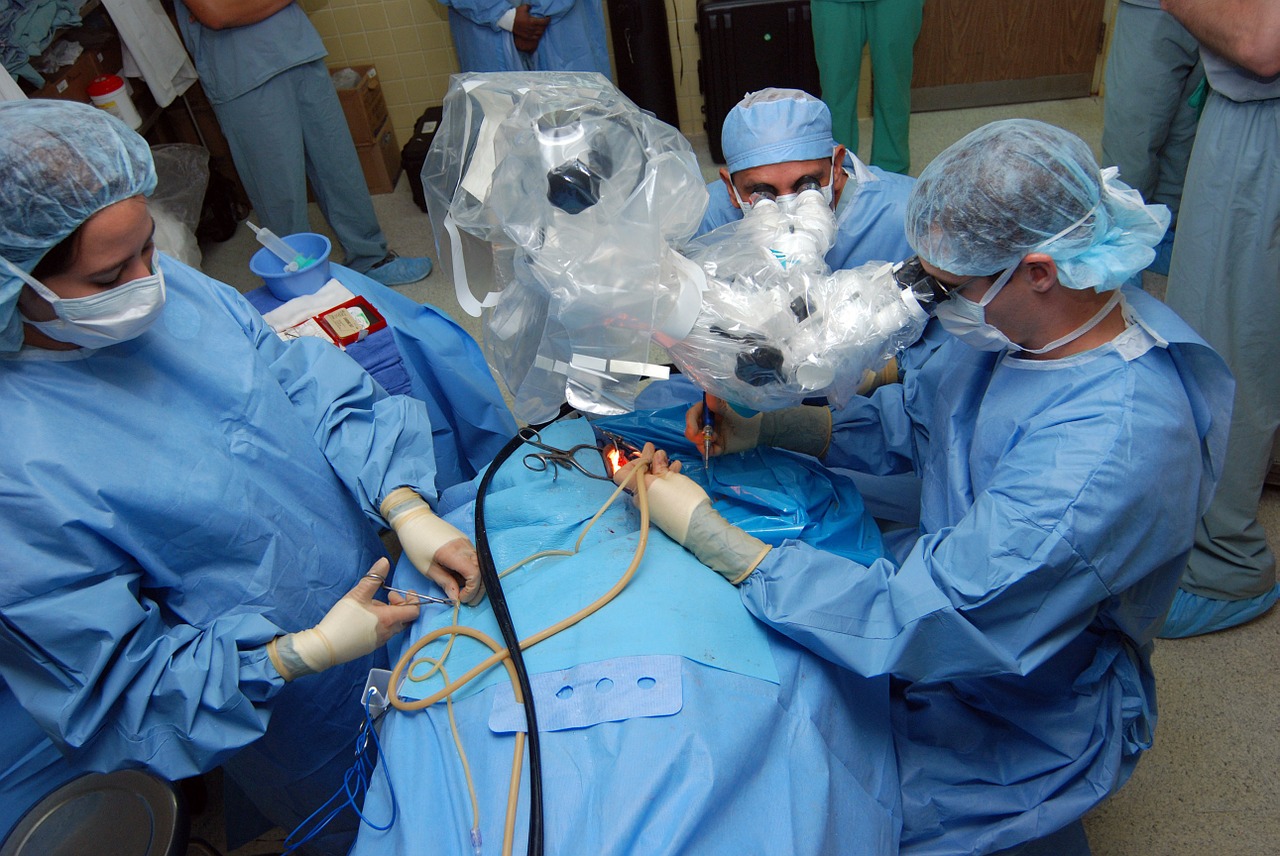The American College of Surgeons (ACS) has released a statement on professional attire for surgeons in and out of the operating room (OR). The new ACS guideline for appropriate attire is based on principles of professionalism, common sense, decorum, and the available evidence. It includes the following provisions:
- Soiled scrubs and/or hats should be changed as soon as feasible and certainly before speaking with family members after an operation.
- Scrubs and hats worn during dirty or contaminated cases should be changed prior to subsequent cases even if not visibly soiled.
- Dangling masks should not be worn at any time.
- OR scrubs should not be worn in the hospital facility outside of the OR area without a clean lab coat or appropriate cover.
- OR scrubs should not be worn at any time outside of the hospital perimeter.
- OR scrubs should be changed at least daily.
- During invasive procedures, the mouth, nose, and hair (skull and face) should be covered to avoid potential wound contamination. Large sideburns and ponytails should be covered or contained. There is no evidence that leaving ears, a limited amount of hair on the nape of the neck, or a modest sideburn uncovered contributes to wound infections.
- Jewelry worn on the head or neck, where they might fall into or contaminate the sterile field, should be removed or appropriately covered during procedures.
- The ACS encourages surgeons to wear clean, appropriate professional attire (not scrubs) during all patient encounters outside of the OR.

The ACS Statement on Operating Room Attire provides detailed guidelines on wearing the skullcap in a way that ensures patient safety and facilitates enforcement of the standard on wearing scrubs only within the perimeter of the hospital by suggesting the adoption of distinctively colored scrub suits for OR personnel.
In addition, the ACS is collaborating with the Centers for Medicare & Medicaid Services and The Joint Commission to ensure that their policies and regulatory oversight activities are aligned with the College’s recommendations.
The statement will be published in the October Bulletin. You can view the position statement online.




